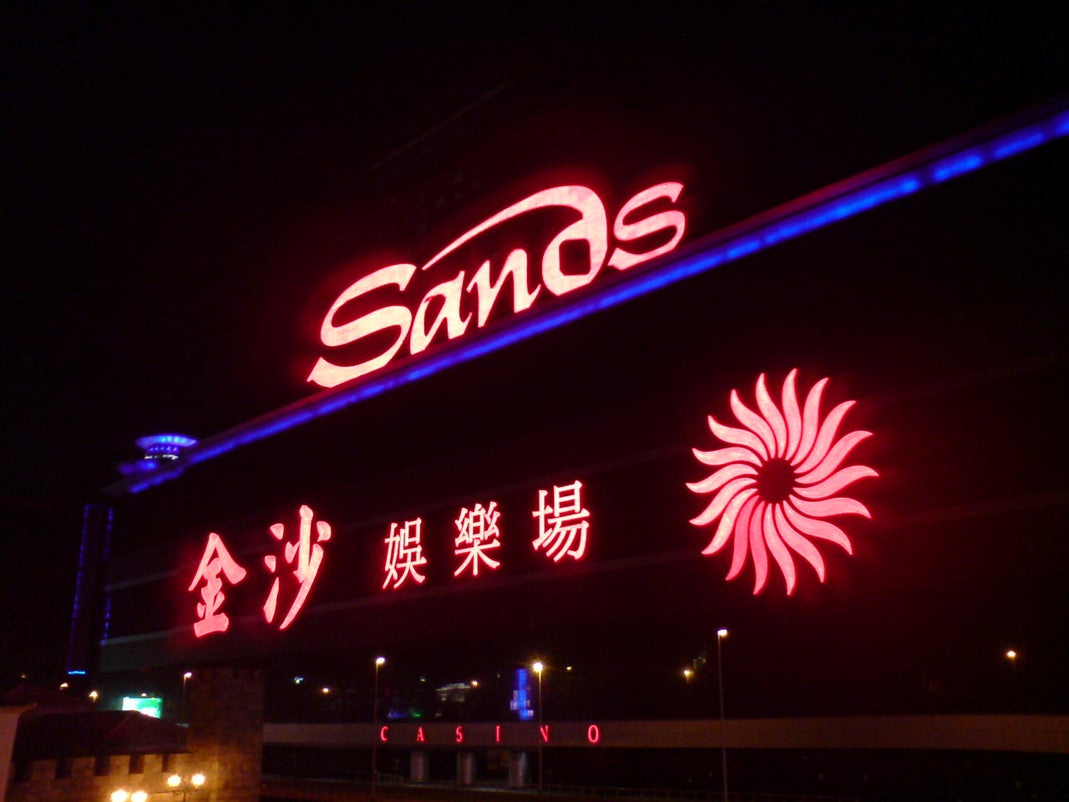The Root of it All
BC. GAME's financial woos started with a claimed $2 million debt owed by Small Dance B.V. to five gamblers, an obligation it failed to honor. While the gambling operator refutes the claim, the GCB has jumped into action after the bankruptcy announcement.
The licensing issues go further back for BC.GAME and unveil a broader regulatory issue. The company's predecessor, BlockDance B.V., declared bankruptcy earlier this year. Even with these warning signs, Small Dance B.V. still acquired BC.GAME and tightened its Curacao ties.
GCB Shortcomings
Even with the GCB's move to revoke BC. GAME's license, the event has only sparked intense scrutiny of the body's lax regulatory standards. The Board has long been characterized by minimal oversight that has allowed illegal gambling activities to thrive. Its licensees often take advantage of this laxity to offer unlicensed services to players in regulated European markets. Even when such incidents are discovered, licenses are rarely revoked.
BC. GAME's bankruptcy and potential license revocation highlight the troubles that trail Curacao-licensed platforms. Prior to its current predicament, the operator had already been blacklisted for non-compliance in several countries, including the UK, Lithuania, and Greece. The UKGC has also flagged it as illegal, pushing Google to block its accessibility by UK residents.
Emphasis on Modernization
Curacao recently underwent a regulatory overhaul that introduced the National Ordinance for Games of Chance (LOK). The platform was established to handle regulatory deficiencies. However, LOK is already reporting the same issues of inefficiency and corruption within its systems.
GCB recently released a statement defending its licensing practices and underscoring modernization plans with the LOK framework. The Board expressed its commitment to improving transparency and player safety. However, the island remains a haven for questionable operators, damaging its global reputation.
BC.GAME is reportedly seeking a license in Vanuatu, which is gaining popularity among former GCB license holders. This shift raises concerns about grey market operators that continue to challenge international gaming standards.


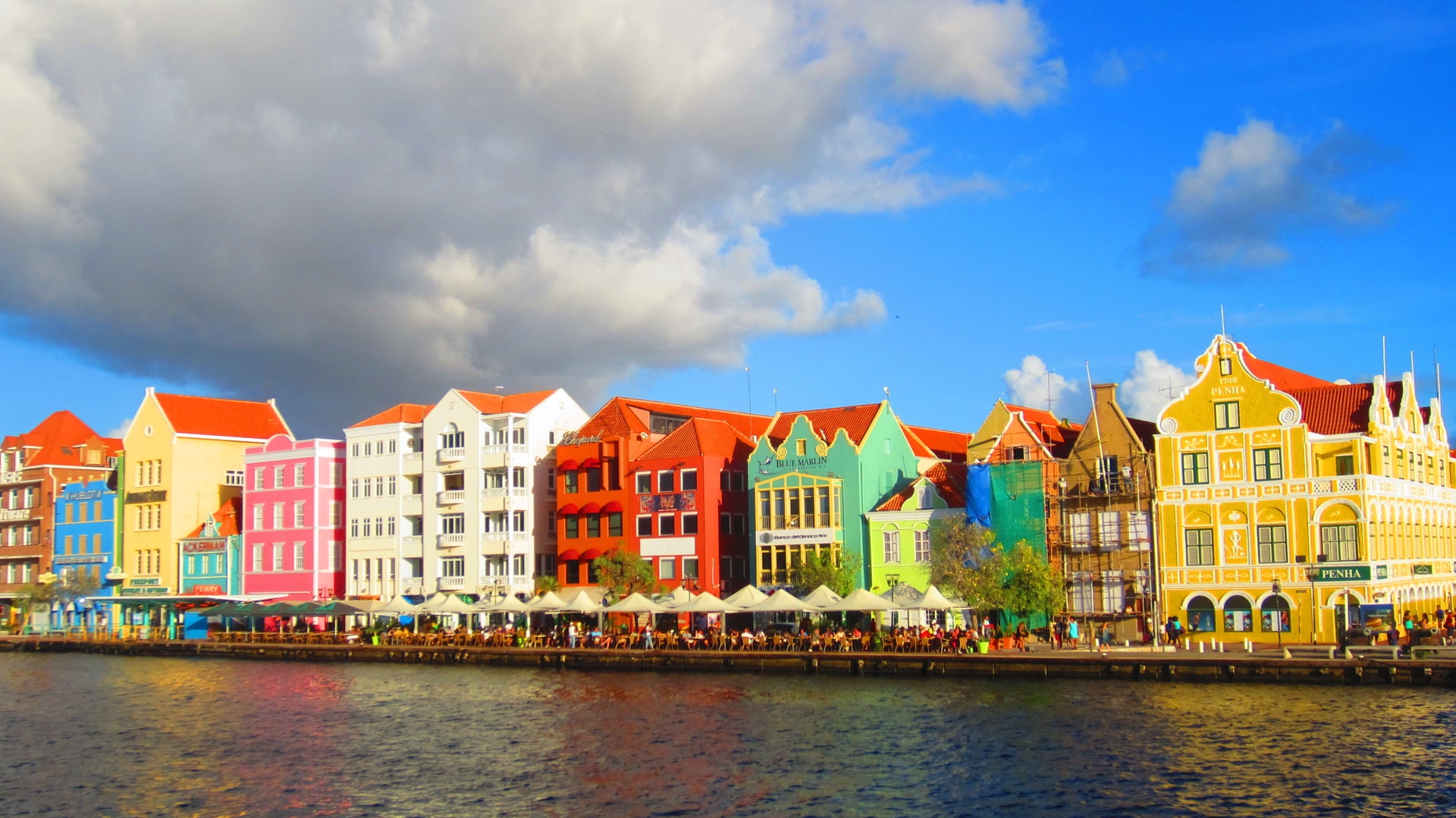




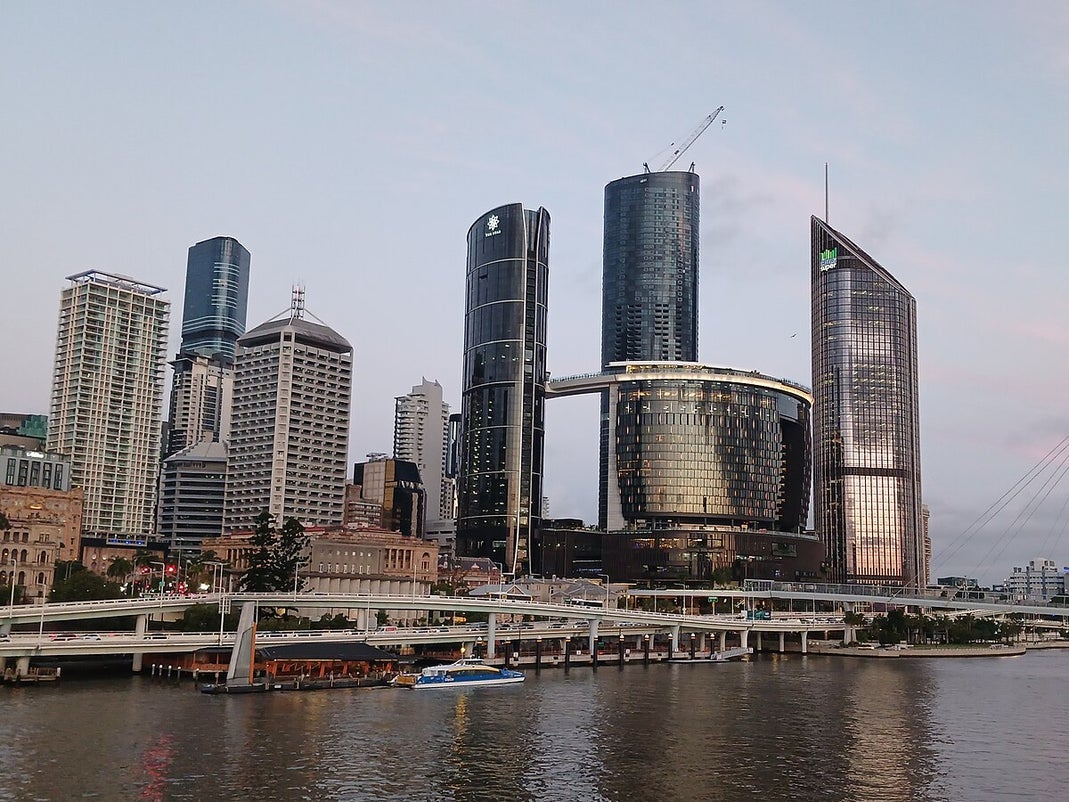




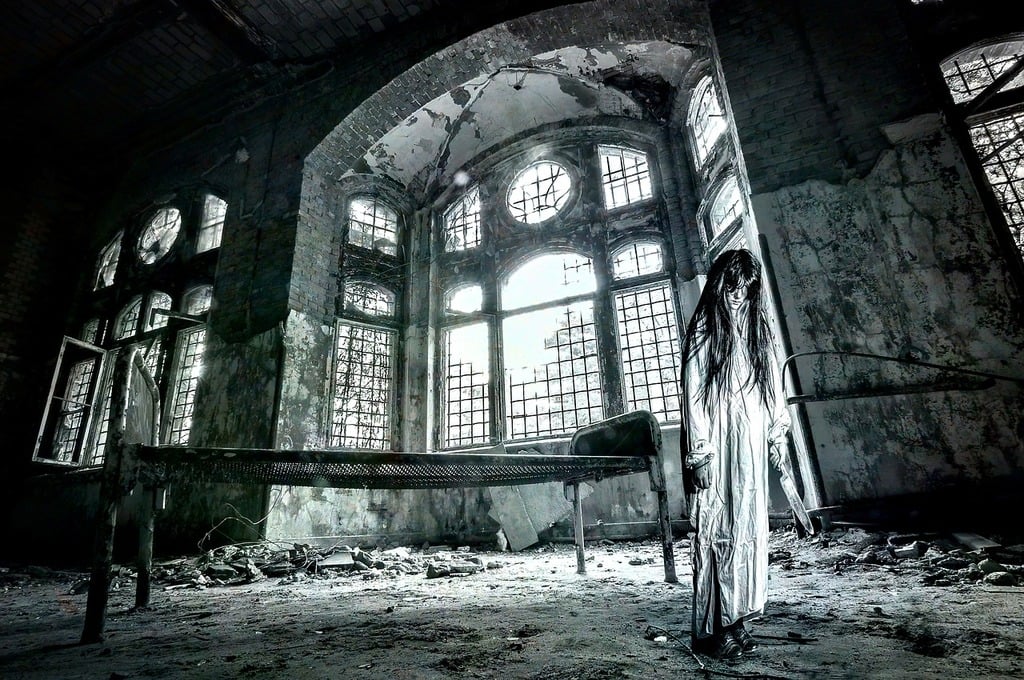
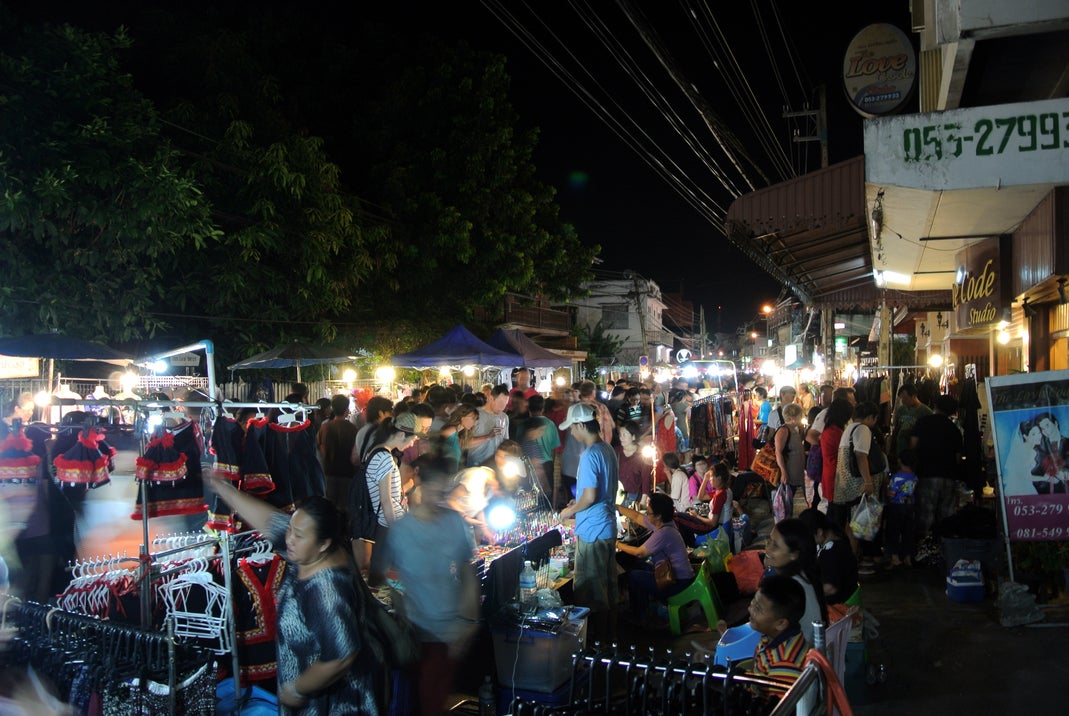


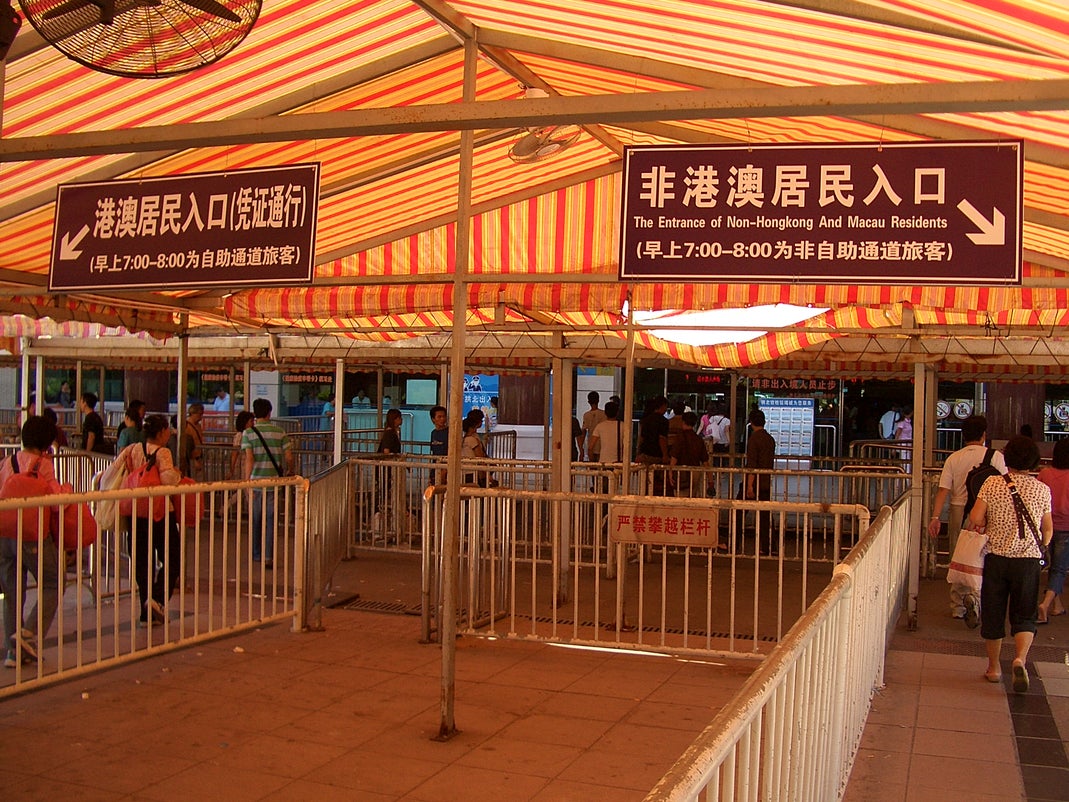




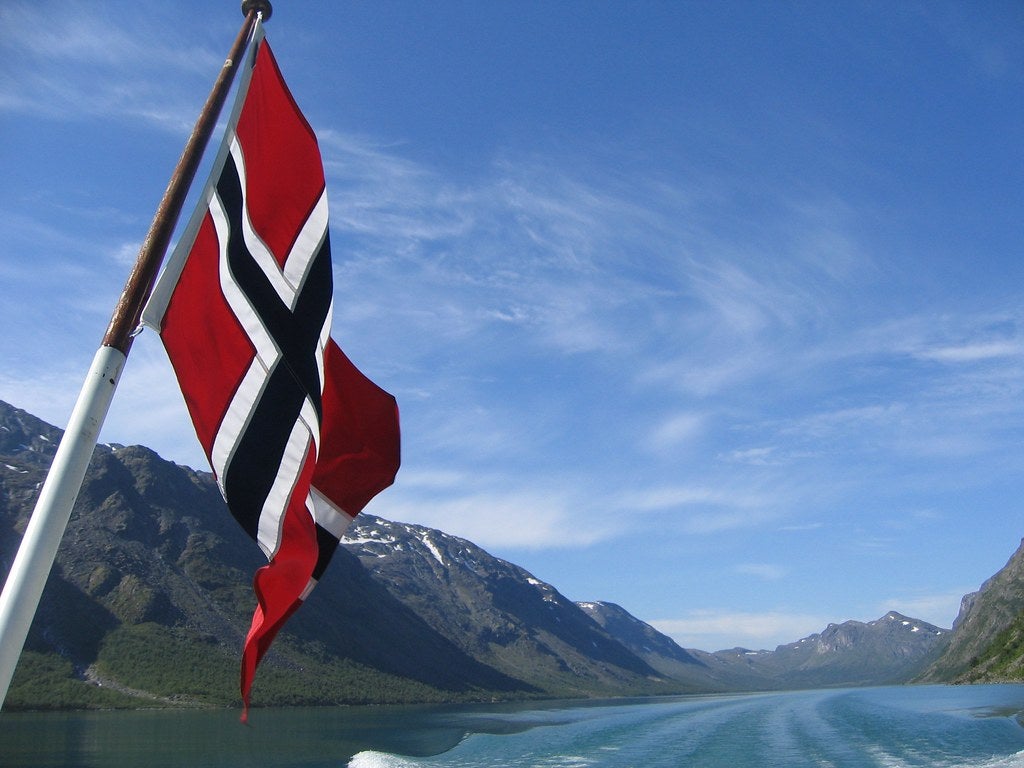
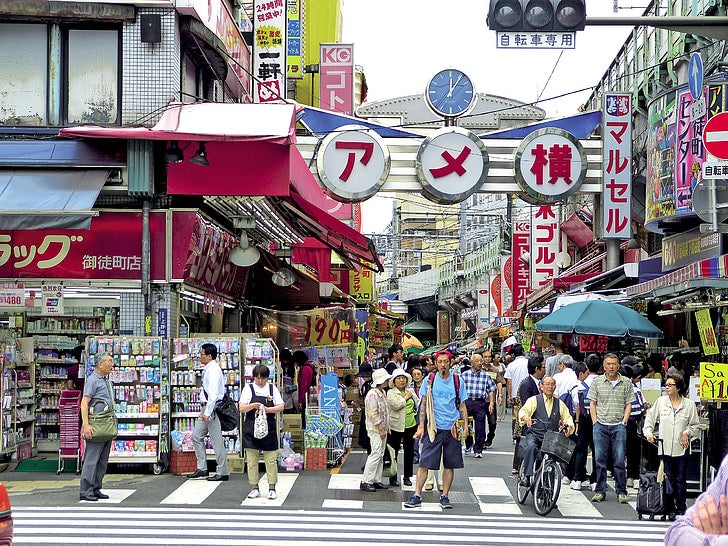
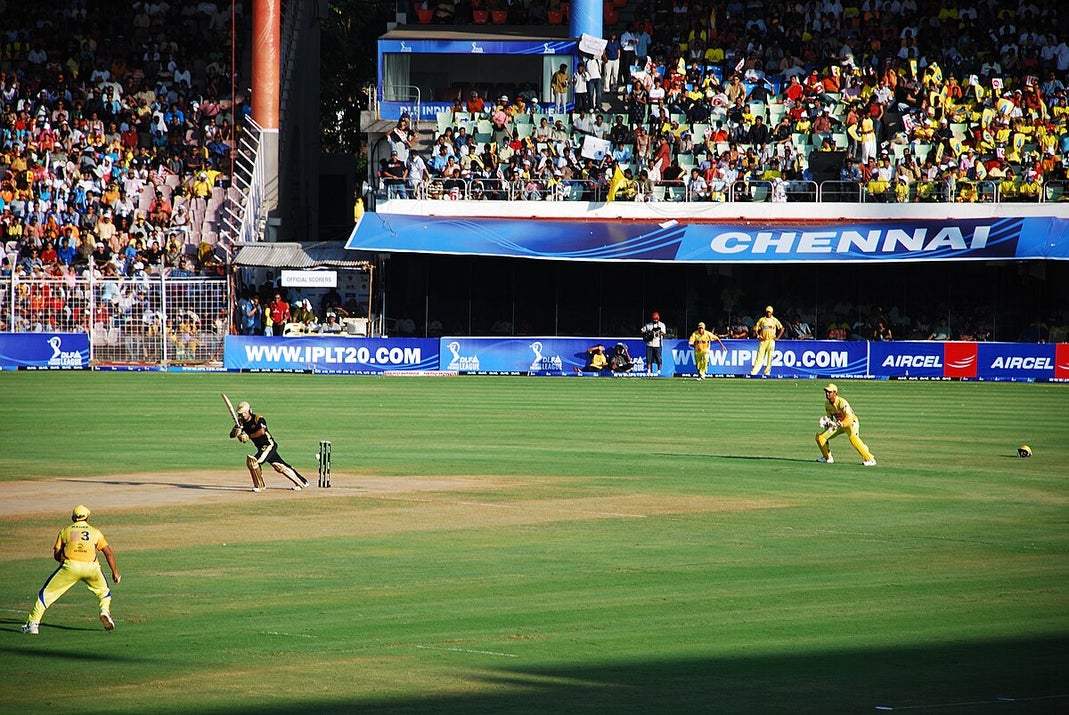
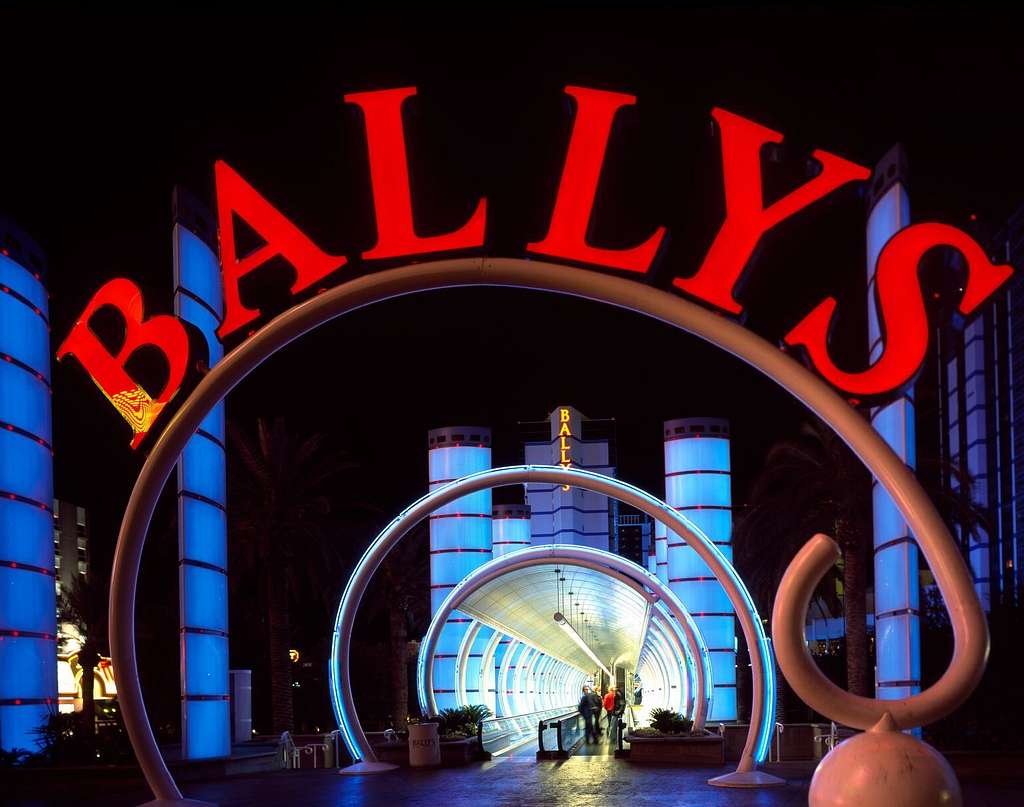
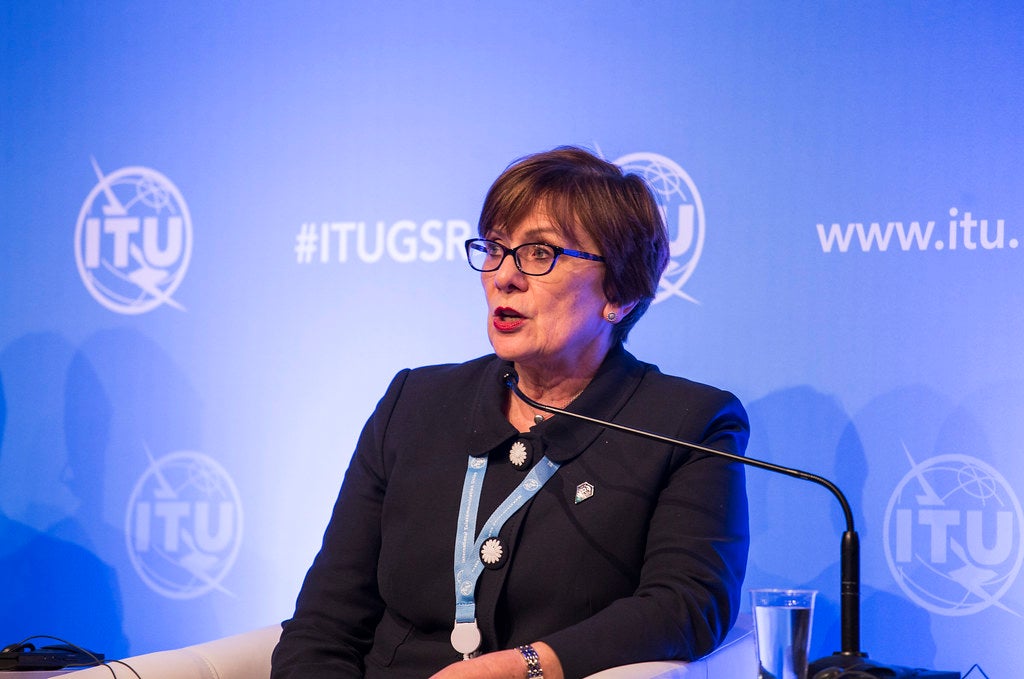



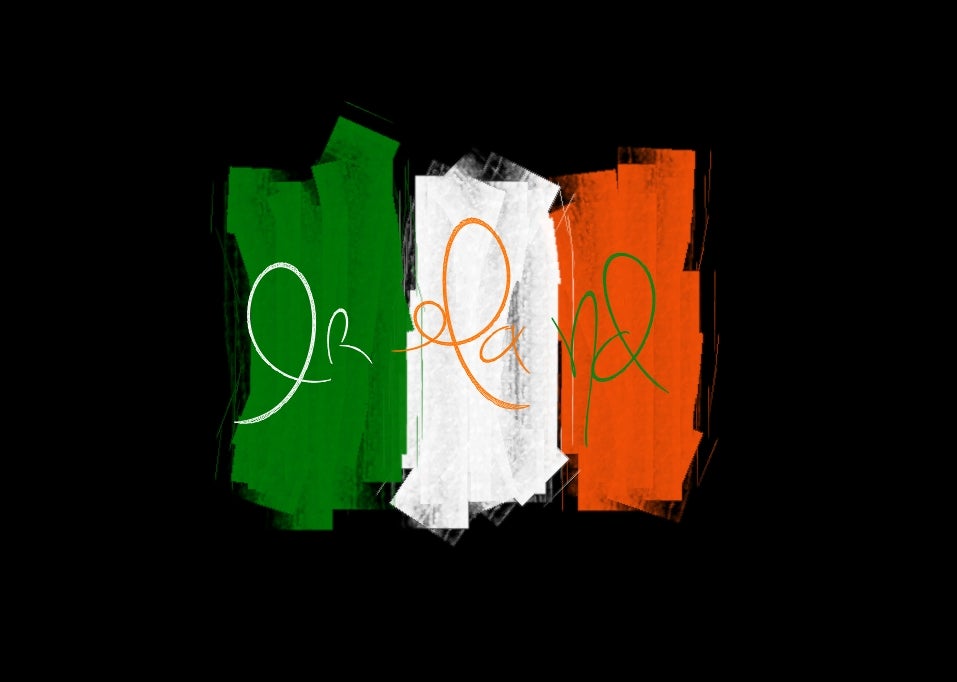
.jpg)
.jpg)
.jpeg)


